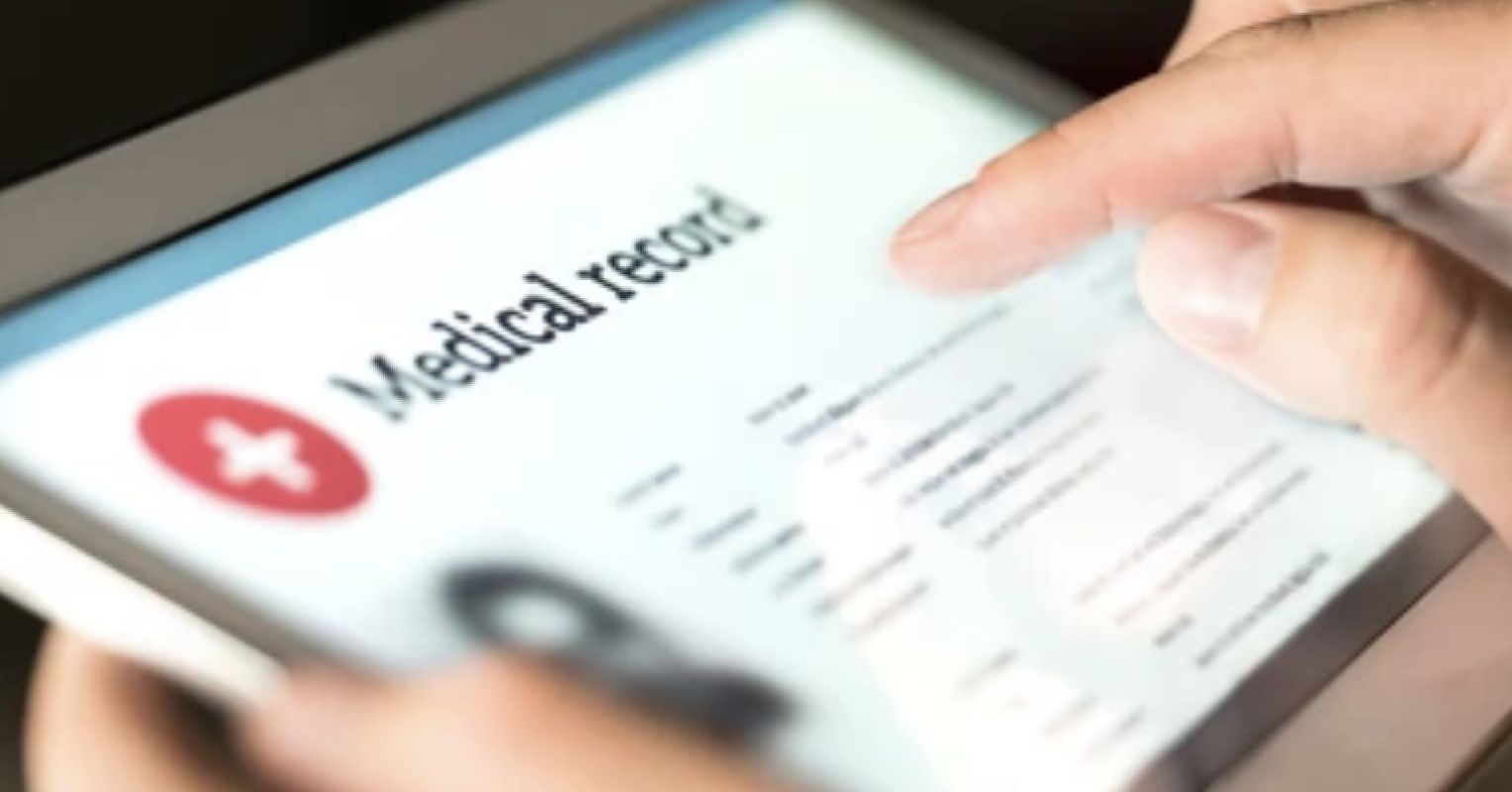
"I'm knee-deep in writing my memoir. I have 350 pages of the first draft written and I haven't even begun the narrative of my work with my former psychiatrist, Dr. Lev. That's an additional 11 years of therapy. My writing instructor says the first draft is basically "word vomit," and then you go back and edit, edit, edit. As the saying goes, every writer needs to "kill her darlings.""
"In preparation for writing about that time with Dr. Lev, whom I first saw in September 2005 and then was hospitalized six times in the subsequent 18 months for intense suicidality, I obtained my hospital records for those admissions - just the admission notes, but those were revealing enough. Copies of records have always been available to clients by law but obtaining them has been a cumbersome process to navigate. At one of my former jobs, I oversaw medical records, so I was familiar with the process. Today, electronic records make access much easier."
""The original open notes study involving clients at Beth Israel Deaconess Medical Center in Boston, Geisinger Health System in rural Pennsylvania, and Harborview Medical Center in Seattle found that 80% of clients offered open notes read at least one note over the year-long study period. At the end of the study, 99% wanted the practice to continue, whether or not they chose to read their notes.""
A memoirist plans to write about eleven years of therapy with a former psychiatrist, including six hospitalizations within 18 months for intense suicidality. The memoirist obtained hospital admission notes, which proved revealing. Clients have legal access to copies of medical records, though historically the process was cumbersome. Experience overseeing medical records and the spread of electronic records have simplified access. Open Notes practices have led many clients to read clinical notes and express support for continued access. Clinicians, particularly in psychiatric settings, remain concerned that shared notes could cause anxiety, confusion, offense, or added work burden.
Read at Psychology Today
Unable to calculate read time
Collection
[
|
...
]